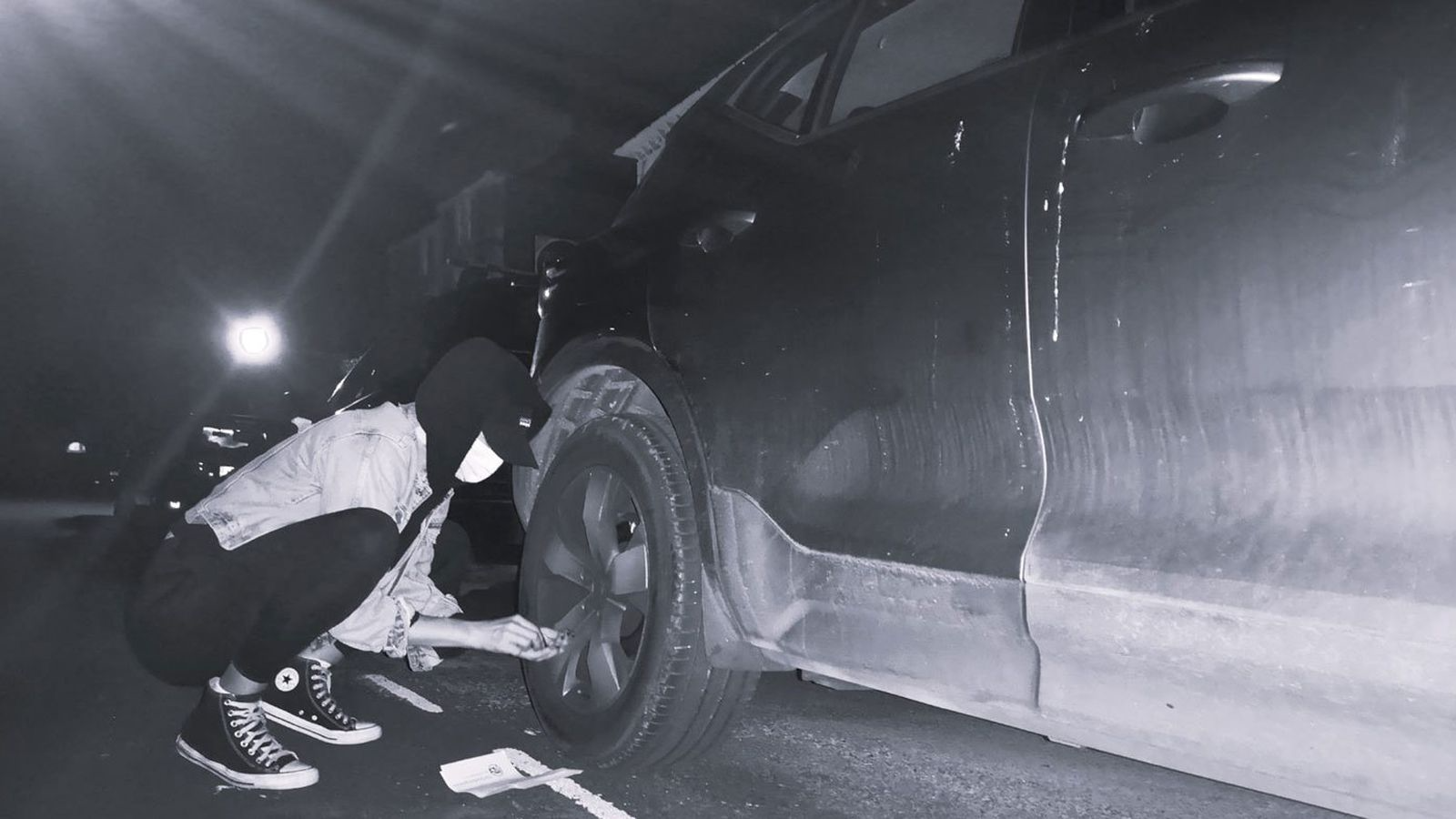
‘Tyre Extinguishers’ deflate more than 200 SUVs in four countries

A climate activist of Tyre Extinguishers in action. In addition to Ghent, the activists struck in Germany, the Czech Republic, and Lithuania this week /Tyre Extinguishers
Guerrilla climate activists Tyre Extinguishers deflated tires of 55 SUVs in Ghent during the night from Monday to Tuesday. This was a coordi


Comments
Ready to join the conversation?
You must be an active subscriber to leave a comment.
Subscribe Today